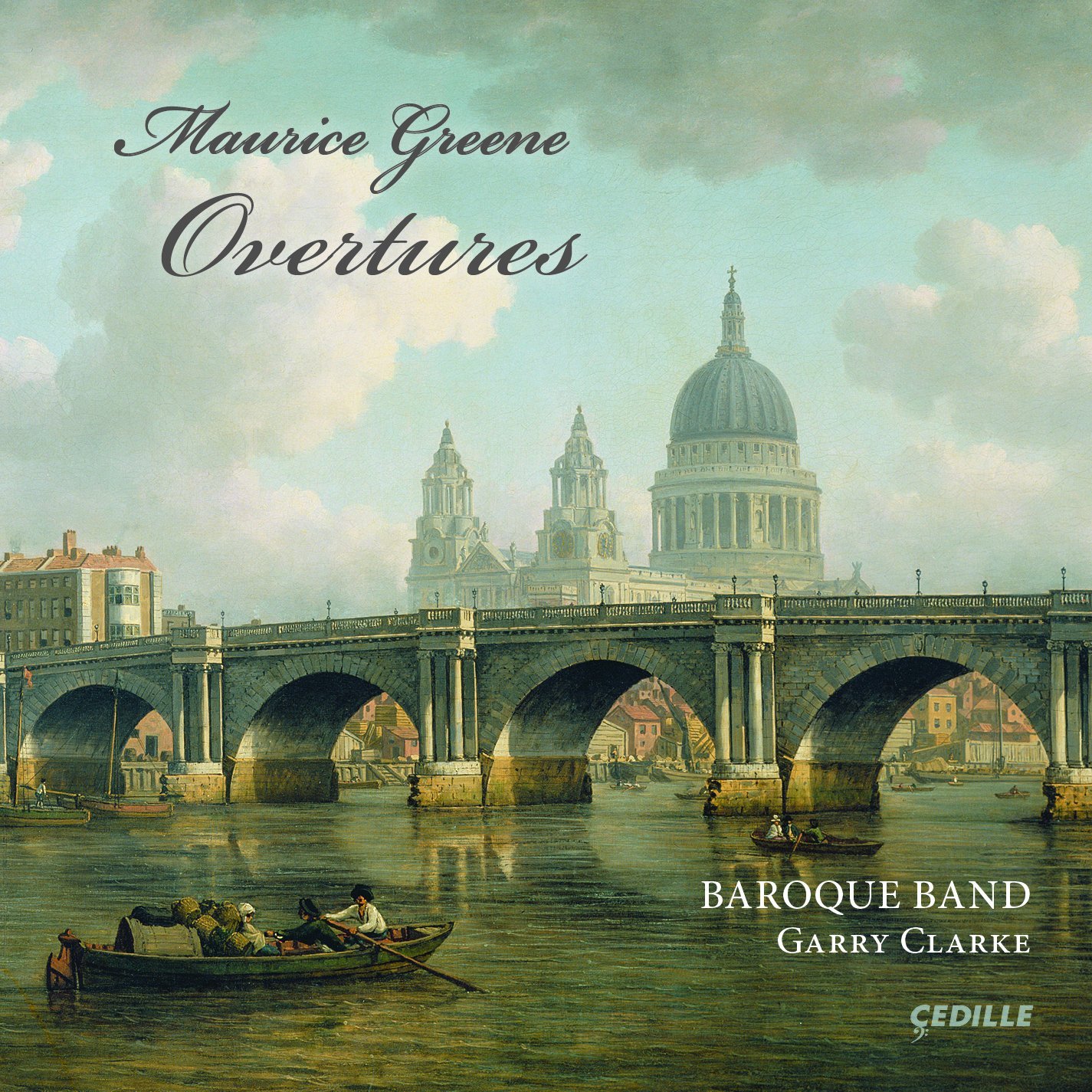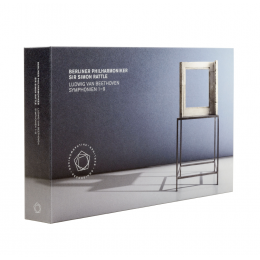 Maurice Greene: Overtures Baroque Band/Garry Clarke (Cedille)
Maurice Greene: Overtures Baroque Band/Garry Clarke (Cedille)


Elasticity is a surprisingly reliable test for great art. How far can you stretch, bend, or reshape a work before it loses its essence, its identity? Hamlet, The Well-Tempered Clavier, Antigone, Pride and Prejudice can all take almost anything you can throw at them, but what about Winterreise, Schubert’s song-cycle of lost love?

Laid low by a bug, Daniel Harding had to withdraw at the last minute from conducting the LSO last night. Booked as the soloist, Leif Ove Andsnes stepped into the breach to lead Mozart’s Piano Concerto No 20 from the piano, as the composer would have done. His unruffled keyboard technique and unimpeachably neat phrasing betrayed no sign of hasty preparation. Unfortunately they also barely scratched beneath the surface of a dark and troubled work that grabbed Romantic imaginations at a time when so much other Mozart was brushed off as Rococo plasterwork.

Can it be true? Was this really the CBSO’s first performance of Bax’s The Garden of Fand? OK, Bax is hardly mainstream repertoire, and if Oramo or Rattle had conducted it, someone would have remembered. Further back in the orchestra’s 96-year history, though, surely Adrian Boult or George Weldon must have been tempted? The records are vague.

 Beethoven: Symphonies 1-9 Berliner Philharmoniker/Sir Simon Rattle (Berliner Philharmoniker Recordings)
Beethoven: Symphonies 1-9 Berliner Philharmoniker/Sir Simon Rattle (Berliner Philharmoniker Recordings)

You rarely see a full production of Shakespeare's dream play so magical it brings tears to the eyes. But then you don't often get 42 players and 14 voices joining the cast to adorn the text with Mendelssohn's bewitching incidental music, plus the Overture composed 16 years earlier – certainly the most perfect masterpiece ever written by a 17-year-old.

It often sounds as though Richard Strauss makes the ascent of his Alpine Symphony in too many layers of clothes. Hopes were that Vladimir Jurowski and the London Philharmonic Orchestra would give us a characteristically sinewy, more lightly-clad mountaineer. What we got was something different: a perfect blending of rich textures, an objectivity that left humans more or less out of the natural landcapes, and an often swift expedition that gave space to climaxes.

La Follia was, as every programme note inevitably reminds us, a pop song of its day. A strutting Spanish dance, it featured in the work of over 150 composers, so catchy was its signature chord progression. Still a classic of Baroque concert programmes, it’s a great way to take the temperature of any given performance. At its best, it can have even a sedate audience stamping and swaying, thrilled by those grinding syncopations and that heartbeat pulse. Last night at the Wigmore Hall, Christophe Rousset and a trio of musicians from Les Talens Lyriques got a polite round of applause.

Left, alone, Hans Abrahamsen’s new piano concerto for the left hand, swirls out of the darkness to a jagged motor rhythm. Piano and orchestra clash and interlock; you’re reminded of Prokofiev and Ravel. Then something happens. A piano plays, but the soloist is motionless. It’s been there all the time, of course – an orchestral piano, up on the percussion risers. But now it’s turned threatening: upstaging the soloist with its full two-handed range and stealing his musical voice, his very identity.

It is a truth not widely acknowledged in the UK as yet that Robin Ticciati's elder brother Hugo is no less fine a shaper of musical thought. He could, as his solo playing last night richly proved, have had a career as a virtuoso violinist playing with all the world's great orchestras. Instead he chose a much more individual path: inspiring, even electrifying a group of musicians in Sweden, forging highly original programmes in which the so-called "old" – for which read timeless – comes up freshest in the company of the new.
